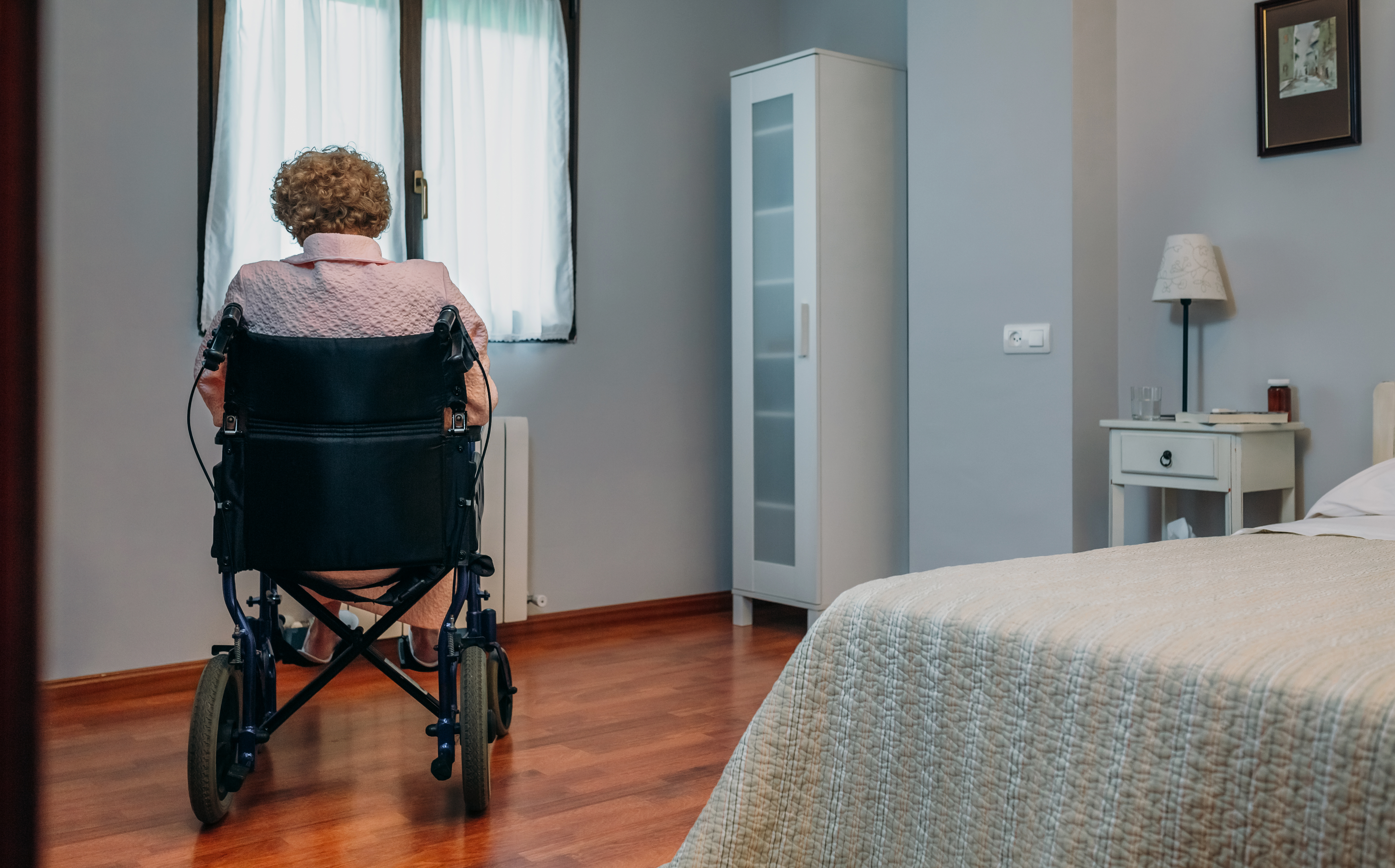AARP Hearing Center

Recently, AARP released the 2023 Long-Term Services and Supports (LTSS) Scorecard. This study finds that more than three years after the COVID-19 pandemic began, care provided in the United States for older adults and people with disabilities is painfully inadequate. The report finds that major gaps persist in every state, including Florida, especially related to affordability and access, support for family caregivers, and access to housing assistance for people with disabilities
Ranking #43 in the country, Florida is falling behind most states in efforts to improve care options for older adults, including affordability and access to long-term services. The report sounds the alarm that much more must be done to keep up with the rapidly changing needs of an aging population.
The pandemic reinforced the need to strengthen long-term care for our loved ones across the country, including in Florida. The scorecard shows that there are many roads to meet the needs of all Floridians who deserve the very best care, including the 2.7 million family caregivers in our state. It’s time to accelerate our efforts, for the sake of saving more lives.
Below are the key recommendations from the report and AARP to strengthen support for long-term care and aging at home:
- Prioritizing saving time, money, and increasing support for Florida’s 2.7 million family caregivers, who are the backbone of the long-term care system, providing over $40 billion in unpaid care, such as with paid leave, tax credits, and other mechanisms to address health and financial needs
- Investing in all aspects of Home and Community-Based Care infrastructure, such as increasing support and training for home health aides and home visits, supporting the ability to access and use medical devices and equipment, and updating key Medicaid regulations and payment models.
- Bolstering the nursing home and in-home care workforce, with improved recruitment and training, increasing pay, and expanding the ability of trained nurses, aides, community health workers and other paraprofessionals to take on some aspects of care. States can choose to enact and enforce staffing and related care standards.
- Expanding the use of innovative, effective models for nursing homes can improve both quality of care and quality of life, such as with smaller facilities and private rooms.
- Addressing inequities by investing to close the staggering gaps in access to quality care and facilities and staffing shortages.
- Building multisector plans for aging, coalitions and age-friendly health systems, and considering the wider needs to allow individuals to live independently in their homes and communities, such as having affordable and accessible housing and transportation, improved community design, and comprehensive emergency preparedness plans.
- Advancing innovation in cities, counties and states by supporting comprehensive state- and community-wide aging plans and piloting new approaches and programs, like Green House® Nursing Homes and presumptive eligibility, which can then be scaled.
- Ensuring every state in the nation has a sound emergency preparedness plan to support nursing home residents, in particular, in times of crisis – including natural disasters.
Together, we can work to enhance all our lives as we age. Since the previous scorecard, Florida has risen in the ranks, but there is still room for improvement. If you’re interested in taking action to help older Floridians, join our volunteer team and advocate to lawmakers at the local, state and federal levels. To learn more about volunteer opportunities, click here. For caregiving resources and support visit the AARP Florida Caregiving Resource Center.































































